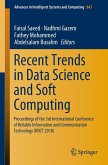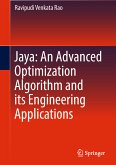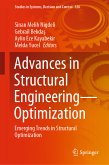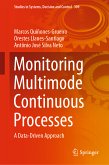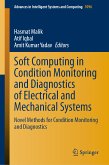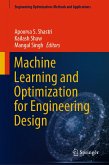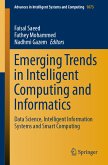This book explores applications of computational intelligence in key and emerging fields of engineering, especially with regard to condition monitoring and fault diagnosis, inverse problems, decision support systems and optimization. These applications can be beneficial in a broad range of contexts, including: water distribution networks, manufacturing systems, production and storage of electrical energy, heat transfer, acoustic levitation, uncertainty and robustness of infinite-dimensional objects, fatigue failure prediction, autonomous navigation, nanotechnology, and the analysis of technological development indexes. All applications, mathematical and computational tools, and original results are presented using rigorous mathematical procedures. Further, the book gathers contributions by respected experts from 22 different research centers and eight countries: Brazil, Cuba, France, Hungary, India, Japan, Romania and Spain.
The book is intended for usein graduate courses on applied computation, applied mathematics, and engineering, where tools like computational intelligence and numerical methods are applied to the solution of real-world problems in emerging areas of engineering.
Dieser Download kann aus rechtlichen Gründen nur mit Rechnungsadresse in A, B, BG, CY, CZ, D, DK, EW, E, FIN, F, GR, HR, H, IRL, I, LT, L, LR, M, NL, PL, P, R, S, SLO, SK ausgeliefert werden.



